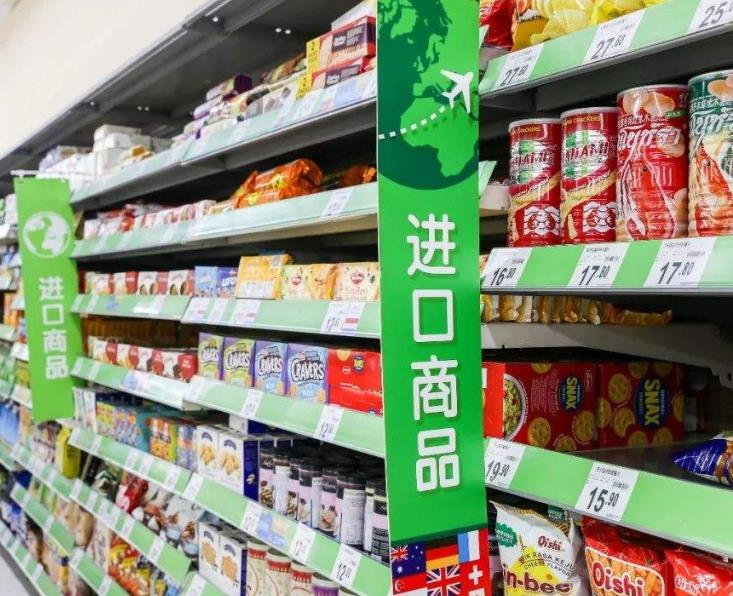OFFLINE CHANNELS ARE "BASED ON QUALITY"
So, what about the performance of offline channels?
Compared with online channels, offline channels have their own advantages. For example, large supermarkets, department stores and imported food chain stores, and specialty stores, etc. generally have stable and formal purchase channels to ensure the quality of food. Even if the after-sales issues come up, they can be solved through timely communication with consumers. Therefore, by purchasing offline, consumers can not only see and buy products, saving time for waiting logistics, but also obtain reliable after-sales guarantee.

Besides, offline imported snack stores are often located in prosperous commercial areas, office buildings or large residential areas, which can provide them with relatively fixed source of customers. And the repeat purchase rate is also very high. Nearly 30% of consumers choose to buy offline because it is convenient and near home or office, according to a survey on "offline consumer behavior and attitudes toward China’s imported food". In addition, nearly 20% of consumers buy products offline because of their buying habits or owning a membership card which entitles them to enjoy additional discounts.
In general, compared with online sales of imported snacks, offline channels are more secure in quality control, shelf life and after-sales service. However, this is still not enough to withstand the powerful strike of online channels. The limited choices of imported snacks and geographical restrictions have become the two major factors restricting the development of offline channels.
Source: www.food2china.com










